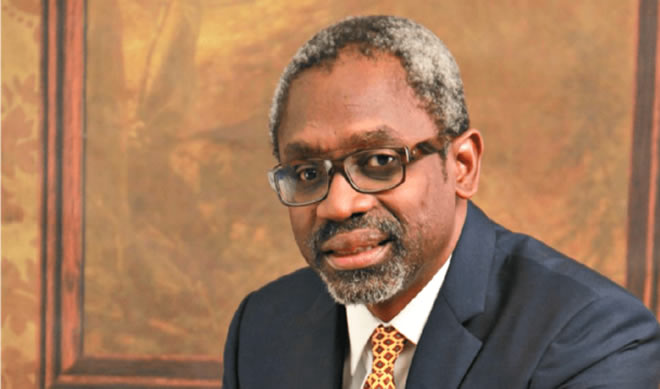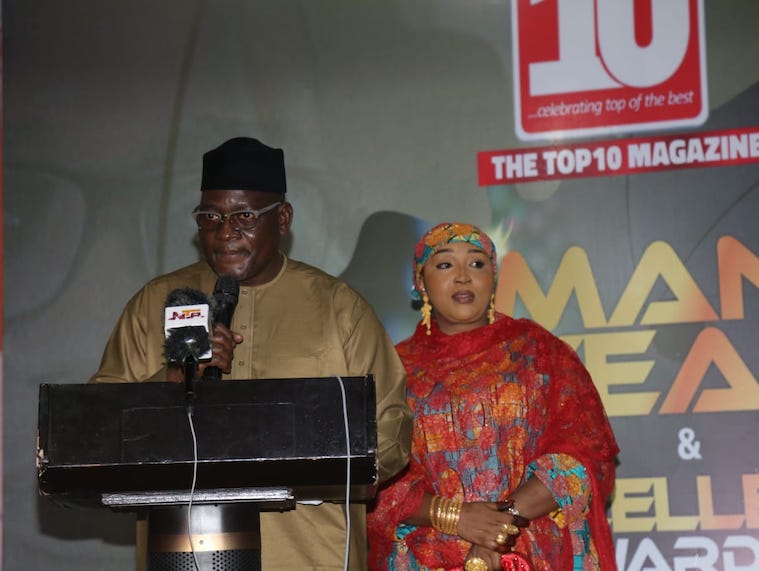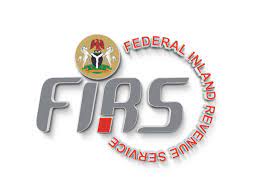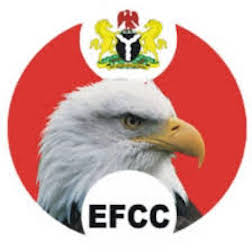Media
Gbajabiamila, CSOs Task Media, NASS on Anti-corruption War

By Orkula Shaagee, Abuja
Speaker House of Representatives, Rt. Hon. Femi Gbajabiamila has charged media practitioners in the country to rise to their responsibility of ensuring that those who hold public offices are accountable to the populace.
Gbajabiamila stated this in Abuja yesterday at the opening ceremony of a one-day seminar organized by the House of Representatives Press Corps on Fight Against Corruption: Setting Agenda for the 9th House of Representatives.
The Speaker, who lamented that corruption in public office severs the relationship of trust and accountability that ought to exist between the leaders and the people they lead, expressed concern that media houses and media practitioners have failed to utilize the recently passed Freedom of Information Act (FOIA)to hold public officers accountable.
“When the Freedom of Information Act (FOIA) was passed into law, many critics worried that the press would abuse the law to demand access to information that isn’t covered by the mandate of the Act. Those critics recognised that the Act provided an enormously powerful tool for truth-seekers to identify and expose malfeasance in public office. Unfortunately, it doesn’t appear that you in the press have fully embraced the possibilities of the Act. Media houses have not invested in training personnel and providing resources for investigative journalism. This needs to change, because as those of us in public office have a mandate to fight corruption by building a culture of transparency within our institutions, and by empowering law enforcement to do its job effectively without fear or favour, you too have an obligation to hold us to account, and to do so honourably, Gbajabiamila said.
According to him, success in the fight against corruption requires that we build accountability and transparency into the fabric of our institutions. From the executive to the legislature and even the judiciary, we must let the light into the inner workings of all the branches of government; the ministries, department and agencies through which they operate. Budgets should be public; citizens have a right to know who is spending their money and what it is being spent on.
Similarly, he said corruption has for too long denied us the resources and the will to invest in our communities and make the radical choices essential to prosperity and progress. We have only now begun to correct the errors of the locust years. We must not look back, we must not waiver, and above all, we must not fall into the false comfort of believing that this is somebody else’s fight. We are all responsible, we are all obligated.
I congratulate you on the occasion of this seminar. I hope that all who participate here today will emerge from this gathering with a renewed determination and commitment to save our beloved country from the ravages of public corruption.
Also speaking, Auwal Musa, Executive Director of Civil Society Organizations, said it was expedient that the next phase of government’s anti-corruption programme be anchored on clear anti-corruption strategy, active support and involvement of citizens groups and the legislature while the fight must prioritize prevention and sanction to win back public support.
He stressed that there was the need to strengthen anti-corruption institutions, provide adequate protection and encouragement for whistle-blowers, and intensify media and public consciousness in demanding transparency and accountability in governance.
“The role of the National Assembly is clearly defined in the Nigeria constitution; making laws for the well-being and development of the people and our democracy, oversighting the Executive arm, among other things. The biggest threat to these roles is first “the attitude of the lawmakers’ followed by the general apathy and distrust for this important arm of government,” Musa said.
Oladayo Olaide, Representative of the McArthur Foundation urged the House of Representatives and the National Assembly generally to pay more attention to its oversight function so as to measure the performance of Ministries, Departments and Agencies with regards to budgetary votes so as to identify cases of corruption.
Media
Kogi Journalists Partner KGIRS On Tax Administration Enlightenment

From Joseph Amedu, Lokoja
Practicing Journalists in Kogi state have expressed readiness to partner with the State Internal Revenue Service on tax administration enlightenment and adequate publicity of its activities.
Chairman, Correspondents’ Chapel, Kogi State Council of the Nigeria Union of Journalists (NUJ) Segun Salami, gave the indication when he led his members on a visit to the Executive Chairman of KGIRS, Alhaji Salihu Sule Enehe.
Salami promised a robust collaboration with the agency in creation of public awareness on the need for all taxable citizens to embrace prompt payment of their personal income taxes.
“Our task as journalists is to assist the agency in meeting up with its target of revenue generation for Kogi government through our social responsibility duty of enlightening the people to key into regular and prompt payment of their taxes as when due
“Journalists also owe it as a duty to alert citizens on the need to contribute their quota towards the development of their state and the nation in general by meeting up with their financial commitment on prompt tax payment”
Salami advocated for quarterly media interaction with the agency as part of the partnership move in publicising its activities.
He commended the Executive Chairman and his management team for the resouding success so far recorded in generating more revenue for the state government to provide the needed democracy dividends to the people.
Responding, the Executive Chairman of the Kogi State Internal Revenue Service, Alhaji Salihu Sule Enehe, expressed delight over the prevailing cordial relationship between his angency and practicing Journalists in Kogi since assumption of office.
He promised to sustain the feat in the interest of both parties geared towards achieving accelerated transformation of Kogi.
Enehe also gave an assurance that he would live above board under the partnership agreement which according to him would go a long way in improving the agency’s services of mobilizing resources for the development of the state.
Media
Nami, Ex-FIRS Chairman Receives Top10 Magazine ‘Man of the Year 2023’ Award

Health
ICRC Trains 25 Journalists on First Aid Treatment in Yola

From Yagana Ali, Yola.
The International Committee of the Red Cross(ICRC) has organized a three -day training for 25 journalists on effective First Aid Treatment to prospective casualties.
The workshop, which took place in Yola drew the beneficiaries from different media houses across the state.
In a presentation, Communication Field Officer of the organization, Lemdi Edmond took the participants memory lane from its cradle to limelight.
He pointed out that ICRC intervenes basically in crises involving armed conflicts translating to man -made or unnatural disasters.
Edmond further explained that while the International Federation of the Red Cross intervenes in the area of natural disasters, like flood and earthquake, the National Red Cross Societies handles both natural and man – made situations.
The Communication Field Officer identified seven principles of the Committee to include humanity, impartiality,Neutrality and independence among others.
On their parts, First Aid and Pre-hospital Care Field Office Yola and Abuja respectively, Charity Maxwell and Daniel Ebodor jointly exposed the participants to the meaning, relevance and significance of the First Aid.
They maintained that First Aids basically aimed to save life, prevent condition from further deteriorating and promote speedy recovery.
They identified truthfulness, sympathy, resourcefulness, tolerance and empathy among others as qualities of a good First Aider.
The duo also enumerated and extensively explained Primary Survey variables relating to First Aid as Danger, Response, Airway, Breathing and chest compression.
Interestingly, the participants were vigorously engaged in practical First Aid treatment on various aspects having to do with Burns, Fainting, Fracture and bleeding among others.
Highlights of the training were questions and answers, presentation of certificate and First Aid Kits to the participants



























